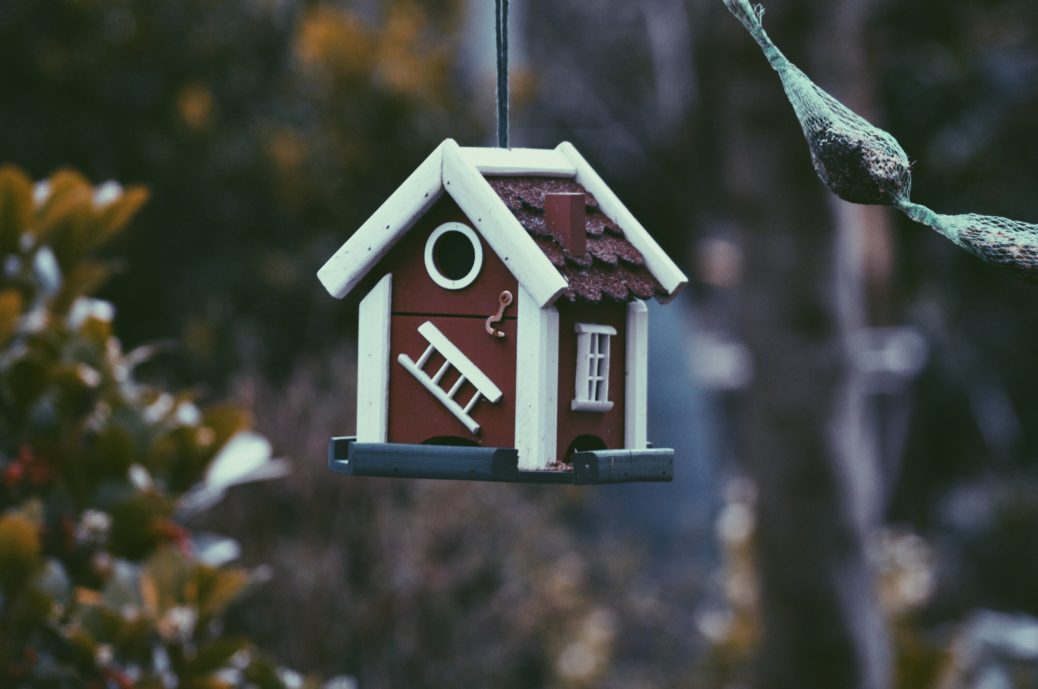Your dining room table or couch doesn’t fit
Sometimes, we’ve seen the house hunter reject an otherwise perfect home because a piece of their existing furniture wouldn’t fit. And we involuntarily scream “SERIOUSLY???” at our TVs in frustration.
Time for a little reality check: If your dining room table has some special significance ― say, it came over on the Mayflower with your ancestors ― OK, fine, keep it. But if it’s something you bought at Ikea and spent a weekend of hard labor assembling, don’t let it be a factor in whether to buy a house.
The walls are painted hideous hues
First-time prospective buyers are often guilty of seeing things only as they are, instead of seeing what they could be. Force your eye to view the potential, not the purple walls.
In general, look past the things that can be easily changed and focus on what can’t be so easily undone. A north-facing house will always be dark. A house on a busy intersection will always be noisy. The next-door neighbor who uses his front yard as a car repair shop isn’t likely to stop earning a living because you asked him to nicely.
You don’t have children
You don’t have and/or don’t want children. Fair enough, but that doesn’t mean the quality of the local schools shouldn’t matter to you at all.
A house is more than just a place to live. It’s also an investment, probably the largest one you’ve made to date. It’s smart to think not only of your current situation, but also about what prospective buyers will be looking for when you go to sell this house down the road ― and that means schools. In a 2013 Realtor.com survey of nearly 1,000 prospective homebuyers, 91 percent said that the quality of the schools was important in their search.
It’s not in a “cool” neighbourhood
Being in a desirable or trendy neighbourhood certainly has its perks, but if you’re choosing a hot location because of its bars or restaurants and ignoring those in a good school district, you’re making a mistake. Don’t assume that the next people to buy your home will be in the same situation as you.
“Even if you don’t have kids, it’s best to move into a neighbourhood that’s having good schools around. Not only could the next buyers have a family for whom that matters, but these neighbourhoods tend to hold their value longer even through market fluctuations,” Pace says. “For many people, school is a top priority.”












